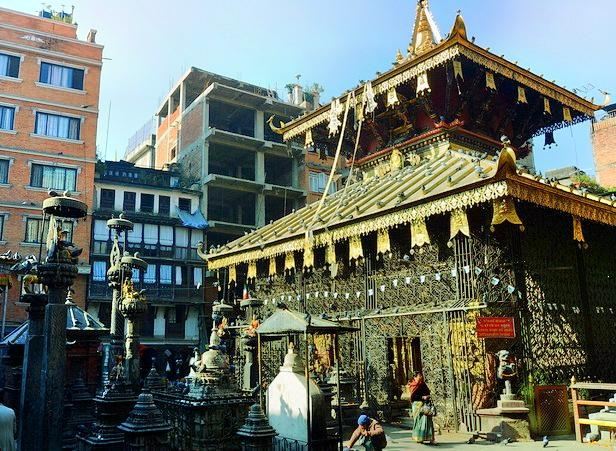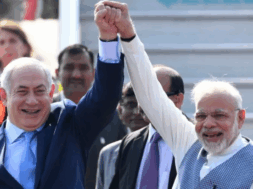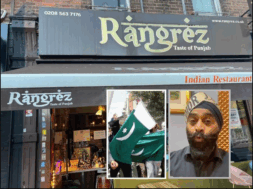
SAARC Diary: Work begins on the Restoration of Seto Machindranath Temple
NEW DELHI, Mar 1: Vinay Mohan Kwatra, the Indian Ambassador to Nepal, Sushil Gyawali, the Chief Executive Officer of the Government of Nepal’s National Reconstruction Authority, and Bidya Sundar Shakya, the mayor of Kathmandu Metropolitan City, performed a bhoomi pooja on Sunday to launch work on the conservation and restoration of Seto Machindranath temple.
The Seto Machindranath temple conservation project is the first of 28 cultural heritage conservation and renovation projects being undertaken with a budget of NRs 5800 million committed by the Indian government for the cultural heritage sector. The Government of Nepal had listed all 28 places, and India and Nepal signed a MoU in this regard in August 2017. The implementing agency, the NRA’s Central Level Project Implementation Unit (Building), has been identifying agencies for restoration work in compliance with Nepal’s Ancient Monument Preservation Act.
Constructed in the 10th century AD during the Malla period, the temple was damaged during the earthquake of 2015. The temple in the heart of Kathmandu City is visited by Hindus and Buddhist worshippers. Seto Machindranath is considered one of the “Protectors” of the Kathmandu Valley.
The Seto Machindranath Temple will be preserved in compliance with Nepal’s Ancient Monument Preservation Act, as well as the Department of Archaeology’s basic guidelines and manual for conservation and reconstruction of heritage damaged by the 2015 earthquake, using materials similar to those used at the time of construction, and in accordance with the traditional ethos, local customs, and values that maintain the living heritage sites and temples in Nepal.
Surfaces and features of decorative art, such as repoussé work, decorative and non-decorative woodworks, as well as timber members with traditional polychrome arts, will be documented and preserved with minimal interventions. According to the Comprehensive Project Report approved by the Government of Nepal, Indian National Trust for Art and Cultural Heritage (INTACH) has been engaged to provide technical support during the conservation and restoration work.
In a statement the Indian Embassy in Kathmandu stated, the Government of India is pleased to partner with the Government of Nepal in the conservation and restoration of Nepal’s cultural heritage sites with the aim of restoring living cultural heritage sites to their former glory.
(Venkatesh Iyer)













